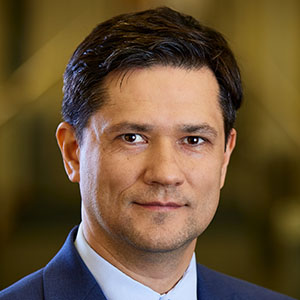Medical Genetics Residency Program
The National Human Genome Research Institute (NHGRI) offers a three-year residency program in medical genetics that trains physicians to diagnose, manage and counsel patients with genetic disorders.
Program Contacts

Oleg A. Shchelochkov, M.D.
Program Director,
NIH Medical Genetics and Genomic Medicine Residency
12 South Drive
Building 12A, Room 1033
Bethesda, MD 20814
Phone: (301) 435-2944
Fax: (301) 480-1721

Holly Babcock, M.S, C.G.C.
Program Coordinator,
NIH Medical Genetics and Genomic Medicine Residency
Last updated: June 13, 2022
